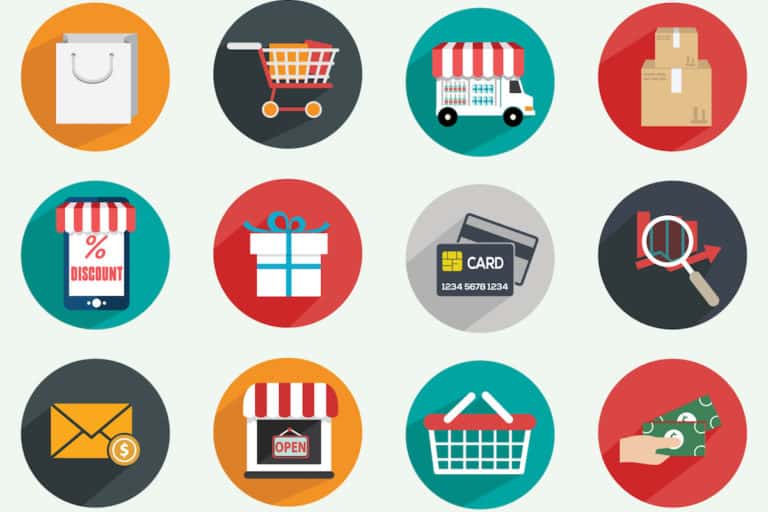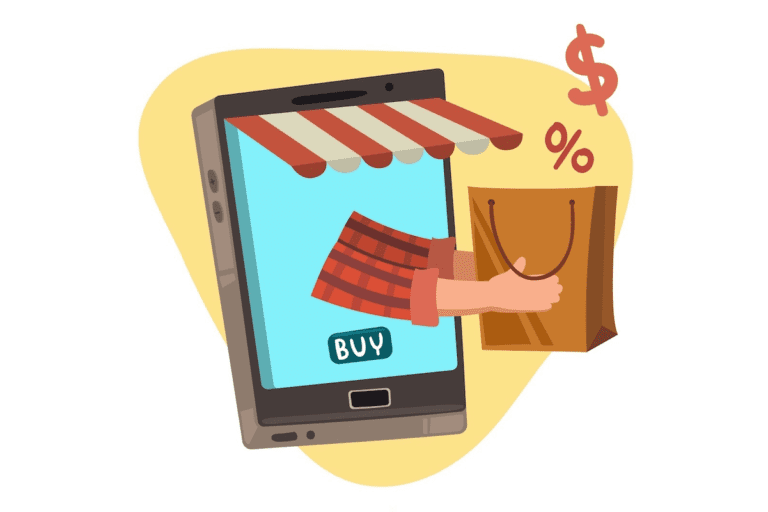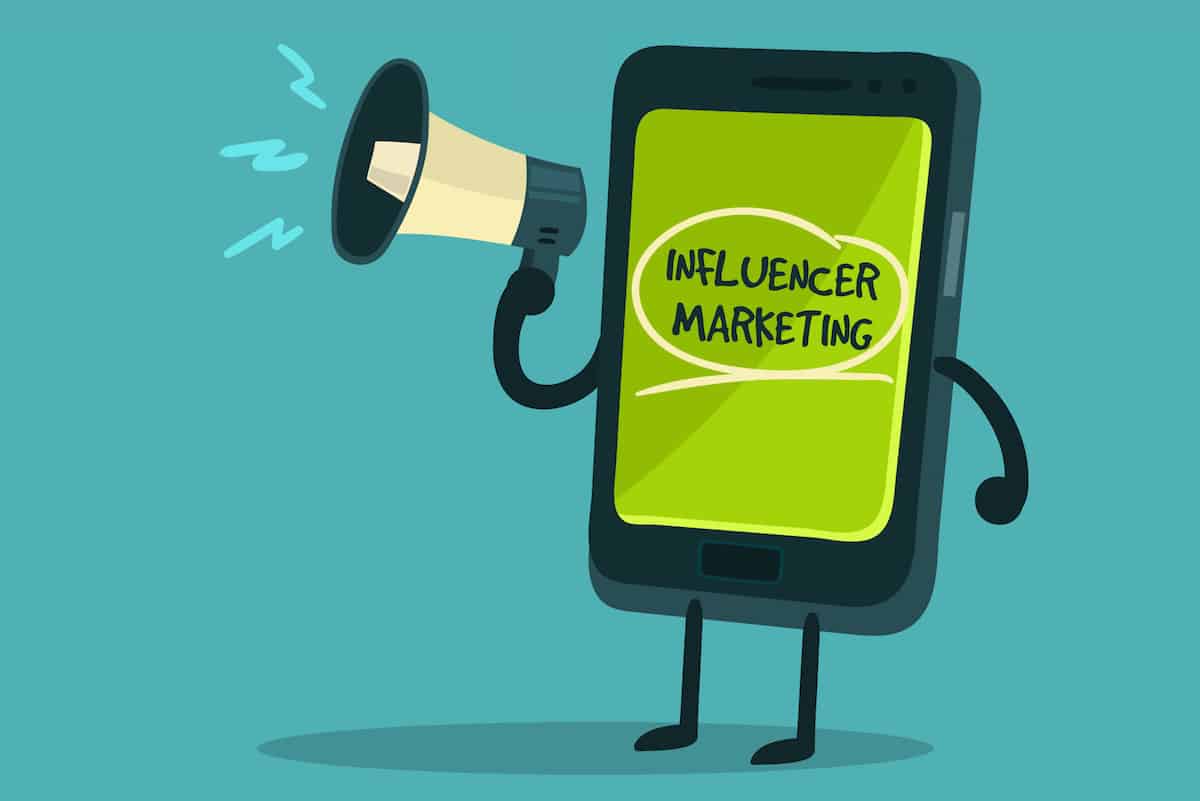
Forbes recently declared influencer marketing as the future of sales, and one survey found that 84% of marketers plan on executing at least one influencer marketing campaign during the next 12 months.
Just how much impact do influencers really have on eCommerce store sales?
There are still plenty of caveats to using influencers as “brand ambassadors,” however. Just because an influencer has selling power for their audience doesn’t mean it will translate to yours, for example.
You also have to worry about the impact the influencer’s chosen channel (YouTube, Twitter, Facebook, LinkedIn, etc.) will have on traffic.
In other words, relying solely on the power of an influencer to boost your brand doesn’t always work. Here’s what to know.
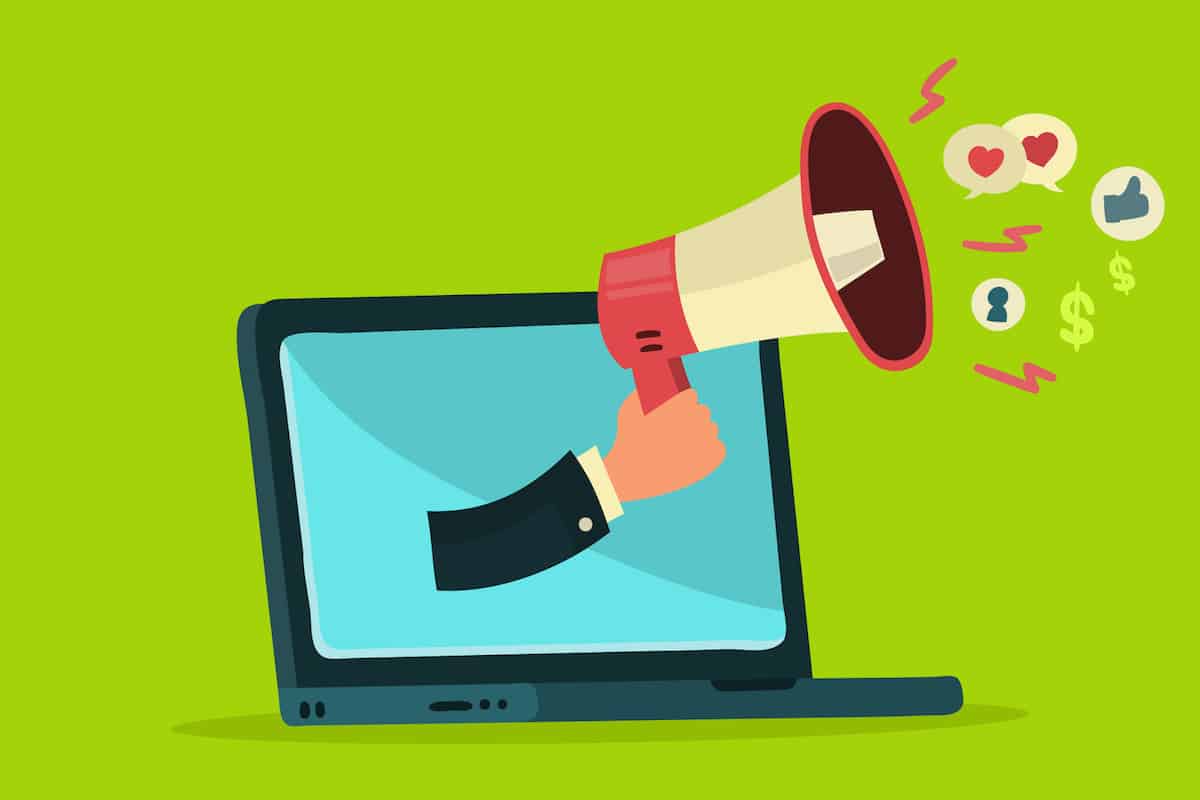
Why Influencer Marketing Doesn’t Always Work
The idea behind influencer marketing is simple – you partner with trusted people or brands with a similar and often larger audience in order to promote your products.
The hope is that this person or brand can effectively convince their followers to purchase from you. But therein lies the problem.
For one, influencer marketing relies on an influencer who can effectively sell someone else’s product.
This means that they need to use the product, decide that it would benefit their audience, believe in it enough to promote it, and do a good enough job promoting it that others want to buy it.
The sale could break down at any point in the influencer process.
There’s also the added pressure on the influencer to not let their audience down. If the product ends up failing in some way, that can reflect poorly on the influencer. This means that partnering with you is always a risk they will have to take.
Studies also show that only 1% of Millennials say that a compelling advertisement would make them trust a brand more and that they value authenticity in the people they follow.
For many influencers, this means that the brands they support have to be something truly special to their audience. Even then, there’s no guarantee that their promotion will have a significant impact on the brand’s sales.
How to Improve Sales Without Influencers
Part of the problem with influencer marketing isn’t that the influencer is a bad salesperson, but rather that the brand itself doesn’t “have it together” enough to support the traffic when it does come.
Sites that aren’t well ranked, or poorly designed, or don’t have other basic marketing necessities in place – abandoned cart campaigns, email marketing, social media, and so on – won’t necessarily see sales, even if they see more traffic.
So what can eCommerce stores do? First, ensure that your site is decently ranked if you want to make a dent in sales, even if you’re not using influencer marketing.
Your Alexa Rank – Alexa is a company owned by retail giant Amazon that monitors site popularity and other important ranking data – will determine your SEO success.
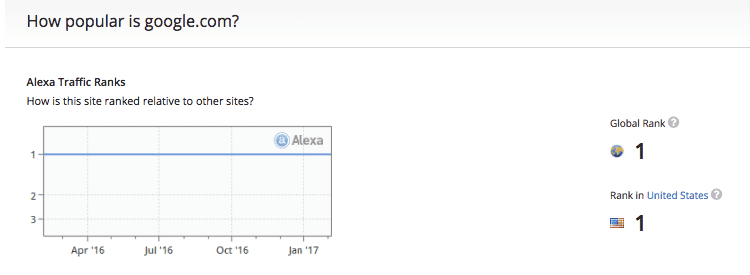
This is especially important if you have a decent amount of traffic coming in (and influencer marketing can be great for traffic referrals) but relatively low sales.
Your Global Alexa Rank indicates how popular your site is around the world and your Local Alexa Rank shows popularity in your registered country.
Here you can find the Alexa Rank of your own site.
Multiple variables play a role in your ranking, that will in turn play a role in how effectively you can sell your products, whether to influencers or directly to customers.
These variables include:
- Traffic from people that use the Alexa Toolbar
- Number of page views
- Time spent on site per visitor
- Bounce rate and CTR (Click-through-rate)
- Quality and diversity of the views
- Number of inbound links to site (also known as backlinks)
- Social media shares, likes, comments count
- Site load speed
This is why it’s essential to have other marketing solutions in place, whether you’re using influencers or not, to ensure that you can actually capture the traffic that comes your way and turn it into profit.
This means focusing on:
- Other marketing channels, like social media
- Content marketing and content promotion, like email marketing
- Getting influencers to post on your website, not just on their own (guest posting)
- Creating abandoned cart campaigns that will catch buyers
- Continually writing new content for your site (this will impact your Alexa Rank)
- Building quality backlinks on other channels
Influencer marketing can certainly help with some of these areas, like building backlinks and driving traffic, but you can’t rely on it for sales if you’re not promoting yourself in other ways.

How to Leverage Influencers in the Right Ways
Of course, just because influencer marketing shouldn’t be the sole method of growth for your eCommerce business doesn’t mean that it can’t have some ROI.
When used in the right situations, influencer marketing can provide a boost to traffic and influence customers. Influencer marketing can also provide measurable metrics of success.
While things like brand awareness might be hard to quantify, referral traffic can be easily monitored. In this way, influencers are not the end-all-be-all solution, but they do have value.
They’re the cherry on top of the proverbial cake.
Here are a few things to keep in mind when using influencer marketing for your eCommerce store.
1. Choose influencers wisely.
Just because someone is popular doesn’t mean that his or her audience will buy what you’re selling.
When you’re evaluating the potential impact of an influencer, don’t always look at the number of followers they have. More followers does not always equal more reach, and reach doesn’t always equal sales.
Choose influencers that have the same or similar audience as you do. If your product could genuinely benefit them, then you have a built-in customer base ready to buy.
As the co-founder of Airbnb, Brian Chesky, was told by his mentor, “It is better to have 100 customers who love you than a million customers who sort of like you.”
2. Sell the influencer on the benefits of your product.
It’s not about just sending a sample of your product to an influencer and hoping that they like it. To make the partnership work, it should be a partnership.
This means taking the time to cultivate a relationship with them and help them see the value of your brand.
Working with an influencer is not the same as creating an Adsense Ad. It’s not about just telling them what to say or how to say it.
Remember that influencers are people too. Show them why they should partner with you and they can sell your product authentically to their own audience.
3. Don’t rely on only one influencer or channel for promotion.
You also shouldn’t rely on only one influencer to promote your product. The influencer process is complicated enough, and if they fail in any way, you might not see the results you want.
It’s important to reach out to multiple influencers, especially those who have influence on different channels and platforms. An influencer on Twitter may not have the same impact on Instagram, and vice versa.

If you decide to participate in influencer marketing, reach out to as many potential influencers (in your niche) as possible. Again, don’t look for people with the biggest following. Look for influencers who have impact with the customers you want, too.
Final Thoughts
You can’t rely on influencer marketing alone. While it can be a great source of traffic referrals and brand awareness, there is inherent risk for you and the influencer.
If you want to improve sales, you need to focus on areas of your website that can make you more visible and capture sales, like your Alexa Rank, SEO, email marketing, and abandoned cart campaigns.
Should you decide to dip your toe in the waters of influencer marketing, be sure you choose your influencers wisely, and give them a reason to love and trust your brand. Then you might start see some of that influencer magic everyone’s been talking about.


